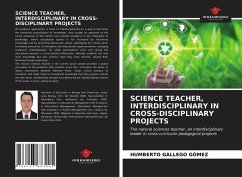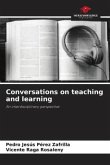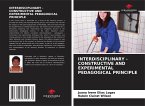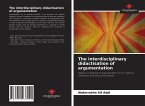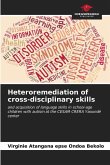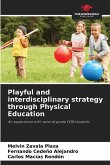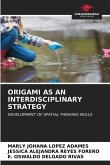All academic approaches in favor of interdisciplinarity as a way to overcome the excessive specialization of knowledge, have sought an approach to the social situations of the context and complex problems in the integration of knowledge, where educational quality is not increased by increasing knowledge, but by promoting democratic values, developing the critical spirit; facilitating processes of innovation and educational experimentation, changing traditional methodologies for other participatory ones and giving the educational process a more practical dimension, whereby students not only learn knowledge but also practice what they have learned, valuing their learning through experience.The natural sciences teacher in the current social context provides a global perception of the problems that students must face, stimulates the ability to detect interactions between different fields, allows critical analysis of situations and helps them to incorporate knowledge that they acquireoutside the classroom, establishing changes by addressing the interdisciplinary nature of the areas in cross-cutting projects.
Bitte wählen Sie Ihr Anliegen aus.
Rechnungen
Retourenschein anfordern
Bestellstatus
Storno

